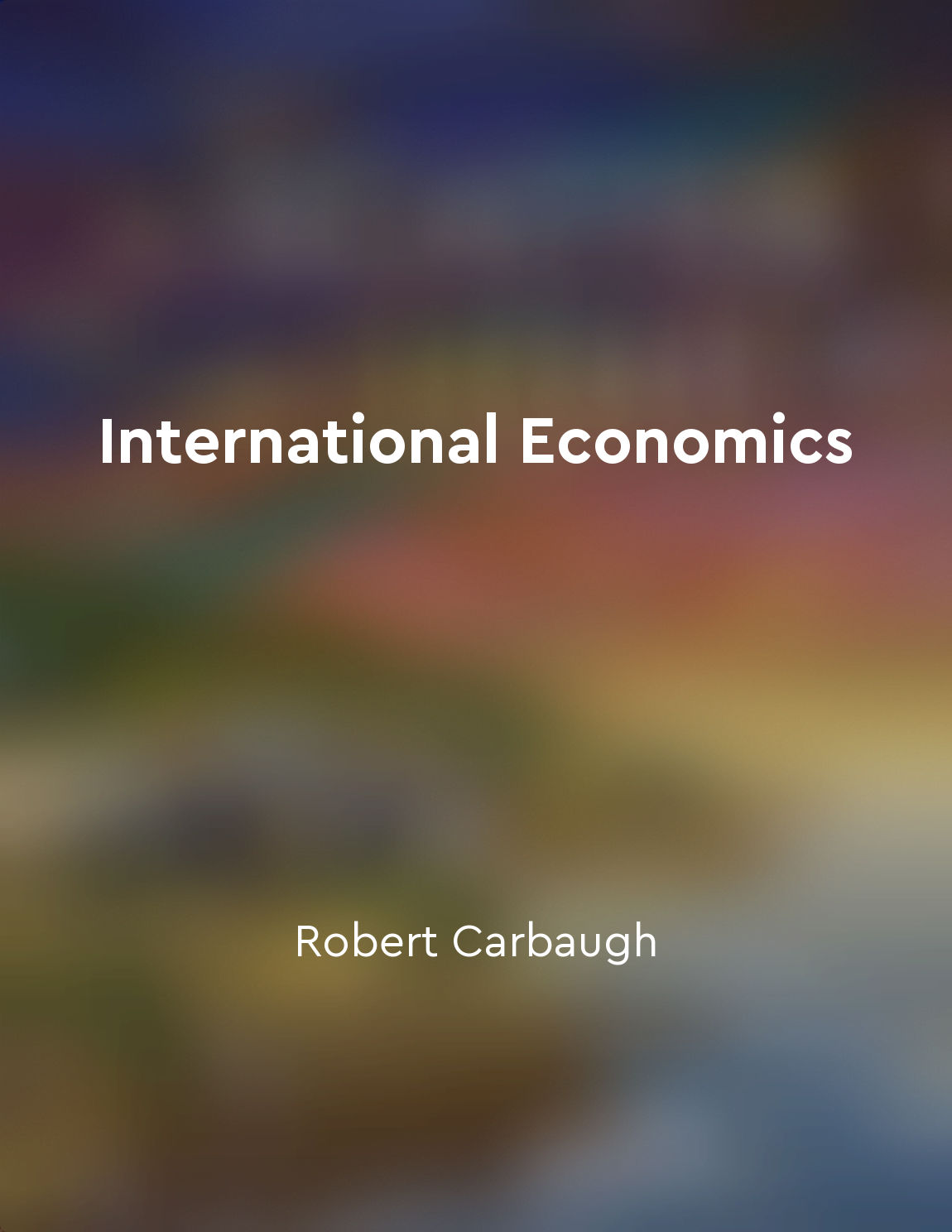Audio available in app
Trade barriers hinder the flow of goods and services from "summary" of International Economics by Robert Carbaugh
Trade barriers, such as tariffs and quotas, can significantly impede the movement of goods and services across borders. These barriers are put in place by governments to protect domestic industries from foreign competition. However, while they may benefit a specific industry in the short term, they can ultimately harm the overall economy by limiting consumer choices and increasing prices. Tariffs, which are taxes on imported goods, raise the cost of these goods for consumers. This can lead to decreased consumption and lower overall welfare for a country. Additionally, tariffs can spark retaliation from trading partners, leading to a trade war that further restricts the flow of goods and services. Quotas, on the other hand, limit the quantity of a specific good that can be imported. This can create shortages, artificially inflate prices, and distort market forces. In addition to tariffs and quotas, non-tariff barriers such as licensing requirements, product standards, and subsidies can also hinder trade. These barriers can make it difficult for foreign producers to enter a market, even if they have a competitive advantage. This reduces competition, stifles innovation, and ultimately harms consumers. By restricting the flow of goods and services, trade barriers can also disrupt global supply chains. This can lead to inefficiencies, higher production costs, and reduced competitiveness for firms. In today's interconnected world, where goods are often produced with components from multiple countries, any disruption in the flow of trade can have far-reaching consequences.- While trade barriers may provide short-term protection for domestic industries, they can have long-lasting negative effects on the economy as a whole. By hindering the flow of goods and services, these barriers limit consumer choices, raise prices, stifle competition, and disrupt global supply chains. It is important for policymakers to carefully consider the implications of trade barriers and work towards reducing them to promote economic growth and prosperity.


